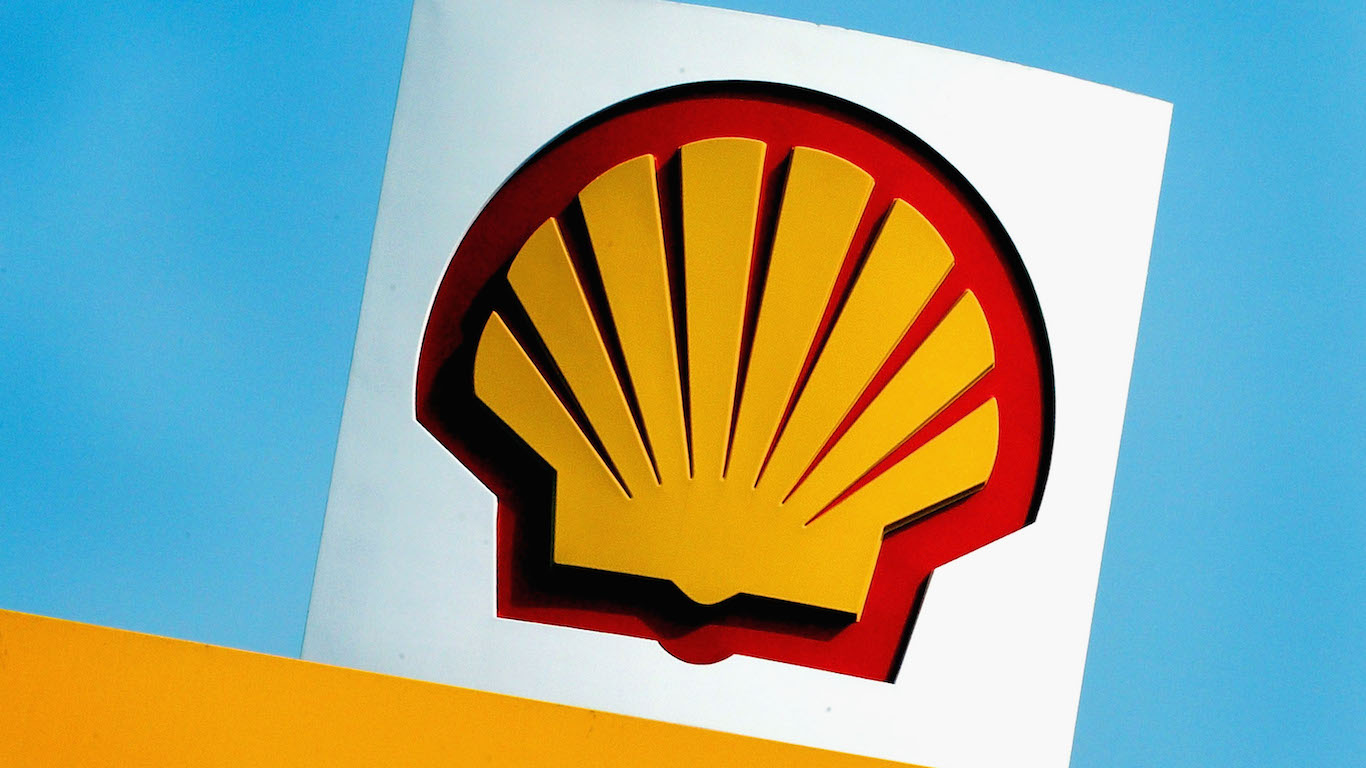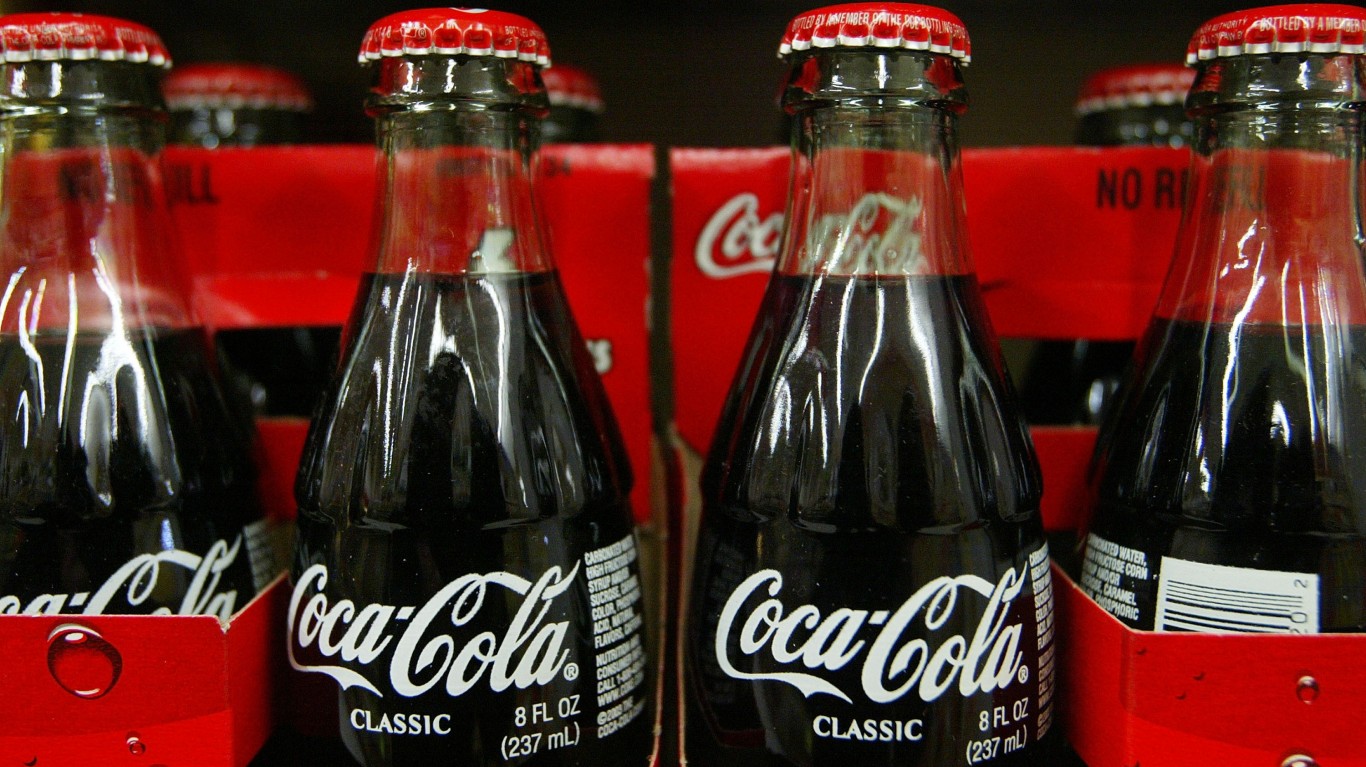
Royal Dutch Shell PLC (NYSE: RDS-A) reported second-quarter 2020 results before markets opened Thursday. The oil and gas supermajor reported adjusted diluted earnings per share (EPS) of $0.06 on revenues of $32.5 billion. In the same period a year ago, Shell reported EPS of $0.84 on revenue of $61.0 billion. Second-quarter results also compare to consensus estimates for a loss per share of $0.26 and $64.24 billion in revenue.
Shell announced in late June that it would be taking a noncash, pretax impairment charge of $20 billion to $27 billion as a result of the effects of the COVID-19 pandemic. The actual amount reported was $22.3 billion ($16.8 billion after-tax).
By segment, Shell wrote down $11.2 billion (pretax) in the value of its integrated gas, primarily in Australia; $6.3 billion in upstream assets primarily in North American shale, a project in Nigeria, and offshore assets in the Gulf of Mexico, Brazil and Europe; $4.9 billion in oil products (refining), primarily in Europe and North America; and $9 million in its corporate segment.
On an after-tax basis, Shell reported a net loss of $18.1 billion in the quarter, including the $16.8 billion in noncash impairments. Lower realized prices, refining margins and sales margins most of the remaining damage.
Adjusted earnings totaled $638 million compared to $3.5 billion in the second quarter of last year and $2.9 billion in the first quarter of this year.
Net debt increased by $4.4 billion to $77.8 billion sequentially, and free cash flow totaled negative $300 million, compared with $6.2 billion in positive free cash flow in the year-ago quarter.
Shell’s massive impairment charge raises the question of whether Exxon Mobil Corp. (NYSE: XOM) also will take a significant charge when the U.S. supermajor reports second-quarter results Friday. Exxon has not written down the value on any of its assets so far this year, and some experts believe the company should long ago have taken a write-down on a large chunk of its $31 billion acquisition of natural gas producer XTO Energy in 2010.
The other U.S. supermajor, Chevron Corp. (NYSE: CVX) took a $10.4 billion noncash impairment charge in the fourth quarter of 2019. BP PLC (NYSE: BP) has said it expects to write down up to $17.5 billion in assets when it reports results next week, and Hess Corp. (NYSE: HES) took an impairment charge of $2.25 billion in the first quarter. Occidental Petroleum Corp. (NYSE: OXY) has warned of a write-down totaling up to $9 billion for the second quarter.
Shell did not provide earnings or revenue guidance, but analysts forecast third-quarter EPS at $0.01 and revenues at $64.2 billion. For the full fiscal year, the consensus estimate calls for EPS of $0.93 and revenue of $259.3 billion. In 2019, Shell reported EPS of $4.08 and revenue of $344.9 billion.
Shell’s stock traded down about 2.7% in Thursday’s premarket session, at $31.55 in a 52-week range of $21.26 to $61.17. The consensus price target on the stock is $40.37. Shell’s dividend yield is 3.95%.
Get Ready To Retire (Sponsored)
Start by taking a quick retirement quiz from SmartAsset that will match you with up to 3 financial advisors that serve your area and beyond in 5 minutes, or less.
Each advisor has been vetted by SmartAsset and is held to a fiduciary standard to act in your best interests.
Here’s how it works:
1. Answer SmartAsset advisor match quiz
2. Review your pre-screened matches at your leisure. Check out the advisors’ profiles.
3. Speak with advisors at no cost to you. Have an introductory call on the phone or introduction in person and choose whom to work with in the future
Thank you for reading! Have some feedback for us?
Contact the 24/7 Wall St. editorial team.
 24/7 Wall St.
24/7 Wall St.



